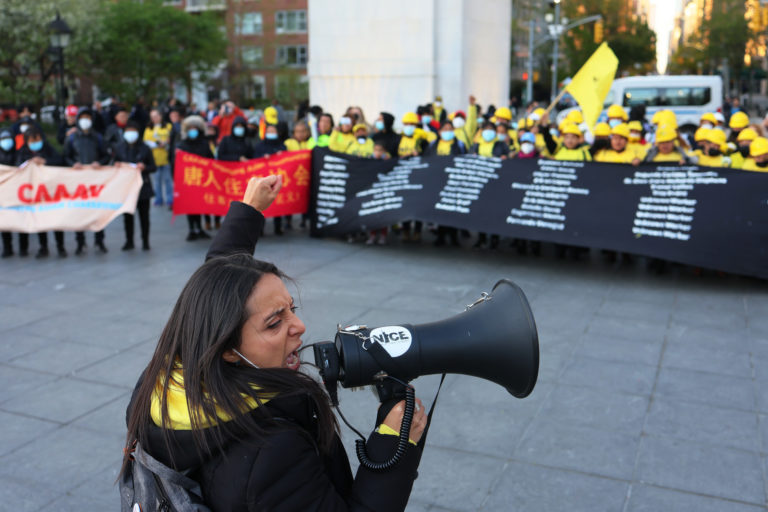Leora Smith is a student at Harvard Law School.
As of yesterday, the federal government will start requiring contractors to provide paid sick leave to their workers. Any company contracting with the federal government must give workers one day of sick leave for every 30 days worked, for up to seven days. In announcing the new rule, President Obama said, “When people don’t have paid sick days, they might have to choose between taking care of themselves and putting food on the table… [W]hen a child gets sick and has to stay home, parents may have no choice but to care for them and lose a day’s pay as a result. That’s simply not a tradeoff the wealthiest nation on Earth should be asking working parents to make.” Notably, the rule includes both physical and mental illness.
California also passed an noteworthy bill yesterday that will automatically enroll workers in a state-run retirement savings plan. The plan applies to workplaces with five or more employees and it is estimated that around seven million workers will have access to the program. Though workers can opt-out of the plan, the default will be for employers to automatically deduct 3% off each paycheque, to be put into a savings fund. Time reports that “half of all households age 55 and older have no retirement savings. Even those who have 401(k)s are failing to save enough for a comfortable retirement.” About 30 states have plans to set up automatic retirement plans and will likely be watching California as they implement this one over the next few years.
In an article titled “The Forgotten Providers”, The Atlantic takes a deep dive into the challenges facing home-care workers, addressing the legacies of racism and sexism that affect working conditions in this fast-growing sector. Home-care work is expected to create more jobs in the next decade than any other occupation, but protections in the industry are thin because domestic work is exempted from many of the provisions in the National Labor Relations Act, and the Fair Labor Standards Act. Today “over a quarter [of homecare workers are] living under the poverty line and more than half [are] reliant on public assistance.”
And The Marshall Project published a helpful primer on the ongoing prisoner strikes that started on September 9. Though they cite difficulties in obtaining up-to-date information, it is believed that over 24,000 inmates in 12 states refused to work on the first day of the strike. Last weekend, corrections officers in Alabama joined the action, refusing to work their 12-hour evening shift. Prisoners cite wide-ranging reasons for the strikes including lack of fair pay for their work.






Daily News & Commentary
Start your day with our roundup of the latest labor developments. See all
December 18
New Jersey adopts disparate impact rules; Teamsters oppose railroad merger; court pauses more shutdown layoffs.
December 17
The TSA suspends a labor union representing 47,000 officers for a second time; the Trump administration seeks to recruit over 1,000 artificial intelligence experts to the federal workforce; and the New York Times reports on the tumultuous changes that U.S. labor relations has seen over the past year.
December 16
Second Circuit affirms dismissal of former collegiate athletes’ antitrust suit; UPS will invest $120 million in truck-unloading robots; Sharon Block argues there are reasons for optimism about labor’s future.
December 15
Advocating a private right of action for the NLRA, 11th Circuit criticizes McDonnell Douglas, Congress considers amending WARN Act.
December 12
OH vetoes bill weakening child labor protections; UT repeals public-sector bargaining ban; SCOTUS takes up case on post-arbitration award jurisdiction
December 11
House forces a vote on the “Protect America’s Workforce Act;” arguments on Trump’s executive order nullifying collective bargaining rights; and Penn State file a petition to form a union.